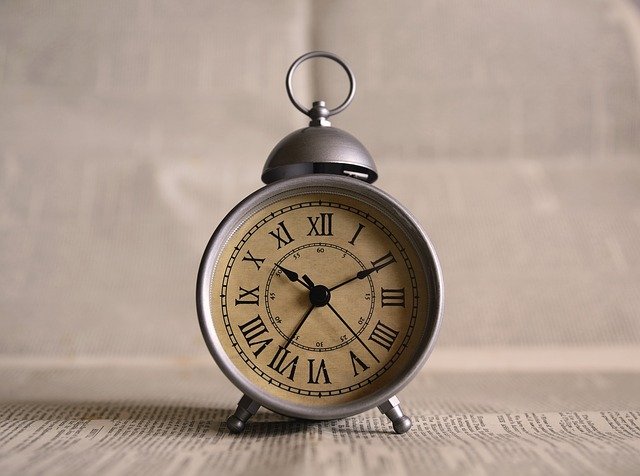 by Kate Gardner
by Kate Gardner
How much of an impact is fatigue having on your business? Working hours have become a crucial factor for many companies as the line between working and leisure time has become more flexible. In addition, there is also a trend globally for working hours to extend into the evenings and weekends as we move towards a ’24 hours’ society which has also coincided with both organisational and societal changes.
According to results from the Third European Survey on Working Conditions, only 27% of employed and 8% of self-employed people were operating a ‘standard’ 7 or 8 am to 5 or 6 pm Monday – Friday working pattern. According to the International Labour Organization (ILO), the annual hours worked per person exceeded 36 hours per week in 27 out of 52 of the countries that it monitors. For some Asian economies it is very common for people to exceed 44 hours per week, while in the USA, one fifth of the workforce regularly work more than 50 hours per week. The European Company Survey 2013 showed that 66% of companies offer some form of flexible working hours for staff.
Working extended or irregular hours can have negative consequences for health and wellbeing. Shift and night working are shown to have an impact on Circadian Rhythms creating symptoms, which in the short term are similar to those of jet lag including fatigue, reduced mental ability and performance efficiency. Modern commutes are often long and this can have a significant impact on sleep, especially if the combination of working and social patterns is factored into the mix. There is a risk that where people are allowed to determine their own working hours, they may impose routines that are excessively fatiguing, as they fail to allow sufficient time off for rest. Losing as little as one and a half hours sleep for just one night reduces daytime alertness by about one-third. Excessive daytime sleepiness impairs memory and the ability to think and process information. Sleep deprivation also leads to mood alterations, attention deficits, slower reaction times, and increased risk for accidents.
A study carried out in the USA on travellers on trips crossing more than two time zones and lasting two to four days revealed some interesting findings:
- A few hours of lost sleep combined with business travel significantly reduces performance.
- Business travellers perceived themselves as performing at a much higher level than they actually did (a 20% drop).
Tiredness and fatigue also has a negative impact on resilience, and mental health. Tired people find it more difficult to cope with difficult situations leading to increased stress. As the immune system is affected by stress, this can also lead people to become more susceptible to illness.
As part of the Healthy Workplaces Manage Stress campaign, the European Agency for Safety and Health at Work (EU-OSHA) has launched its e-guide on managing stress and psychosocial risks. Stress is an important occupational safety and health (OSH) concern in about 80% of European businesses and is one of the main reasons for lost working days in Europe. However, less than a third of European establishments have procedures in place to deal with work-related stress. The e-guide is a practical tool to help both employers and workers, particularly of small businesses, better understand and manage stress and psychosocial risks.
Kate Gardner is a lead tutor at International Workplace. David Sharp, managing director of International Workplace, will be speaking at the IOSH conference 2015.
References
https://www.healthy-workplaces.eu/en
http://www.safetyandhealthmagazine.com/articles/10412-sleepy-and-unsafe-worker-fatigue
http://www.ilo.org/wcmsp5/groups/public/—ed_protect/—protrav/—travail/documents/publication/wcms_181673.pdf
http://www.eurofound.europa.eu/sites/default/files/ef_publication/field_ef_document/ef1502en_0.pd
What makes us susceptible to burnout?
In this episode of the Safety & Health Podcast, ‘Burnout, stress and being human’, Heather Beach is joined by Stacy Thomson to discuss burnout, perfectionism and how to deal with burnout as an individual, as management and as an organisation.
We provide an insight on how to tackle burnout and why mental health is such a taboo subject, particularly in the workplace.


